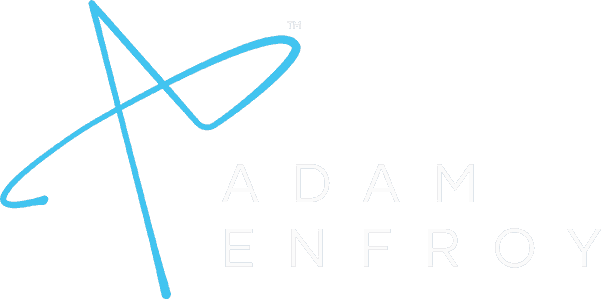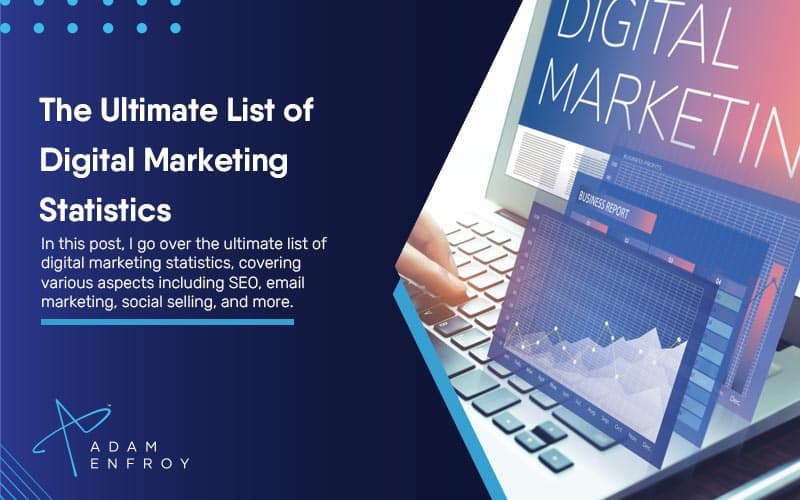Blog vs. Podcast: What’s Better For Your Business?
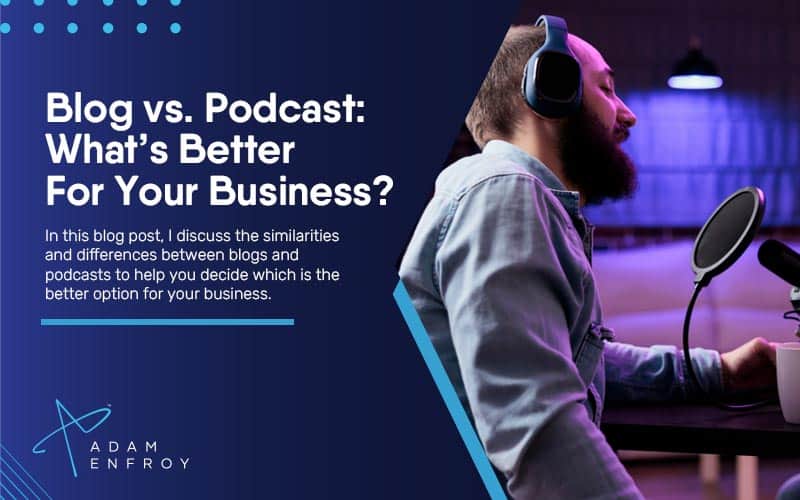
In today’s digital age, content marketing is crucial for businesses to get their name out there.
Blogs and podcasts are two options that can help you engage with your target audience, build your brand identity and share valuable information.
However, before you decide which one to opt for, it’s essential to consider the differences.
In this blog post, I’ll discuss the similarities and differences between blogs and podcasts to help you decide which is the better option for your business.
Blog vs. Podcast: The Broad Overview

Image credit: https://rockcontent.com
Blogs and podcasts have one thing in common – they require hosting services.
However, they differ in their delivery method.
Blogs are written and can include text, images, and videos, while podcasts are spoken, and you can access them through platforms like iTunes or Spotify.
People read blogs, so blogs are the way to go if your audience is more inclined to read articles.
The beauty of a blog is that you can share it through social media and search engines, given you optimize it for search engines.
Blogs are also an excellent way to generate traffic to your website and provide your customers with valuable information.
They can supplement your website’s useful resource pages with guiding information to your company’s core skills and expertise.
On the other hand, podcasts may be the better choice if your business targets people constantly on the go.
Podcasts are perfect for multi-tasking listeners who may be commuting, exercising, or performing house chores while listening to them.
Also, podcasts are excellent for people who are not keen on reading articles but want something more intimate and conversational.
Consider that Apple’s podcast platform provides an alternative to blogging for content creators looking to reach wider audiences.
Google Podcasts is also available for Android users, while Spotify offers access to all users.
That said, one of the main differences between the two mediums is how we consume the content.
While blogs require reading, podcasts provide an audio experience.
Businesses can also run both types of content to diversify their efforts.
Some people are more visually inclined and may enjoy reading blogs or watching video content.
Others may prefer to consume audio content, such as audiobooks or podcasts, while on the go.
Your business can reach a wider range of target audiences with both content types.
While podcasts have become increasingly popular, businesses should consider their marketing efforts when choosing between a blog and a podcast.
Marketing efforts for podcasts and blogs can be similar, including social media promotions, guest posts, and collaborations with other creators.
For content creators, deciding on a medium should depend on their strengths, the type of content they want to produce, and factors like demographics and engagement.
Can Blogging Boost Your Business?
A business blog can be the backbone of all your marketing channels.
It is a cost-effective method to create informative and engaging content that attracts potential customers.
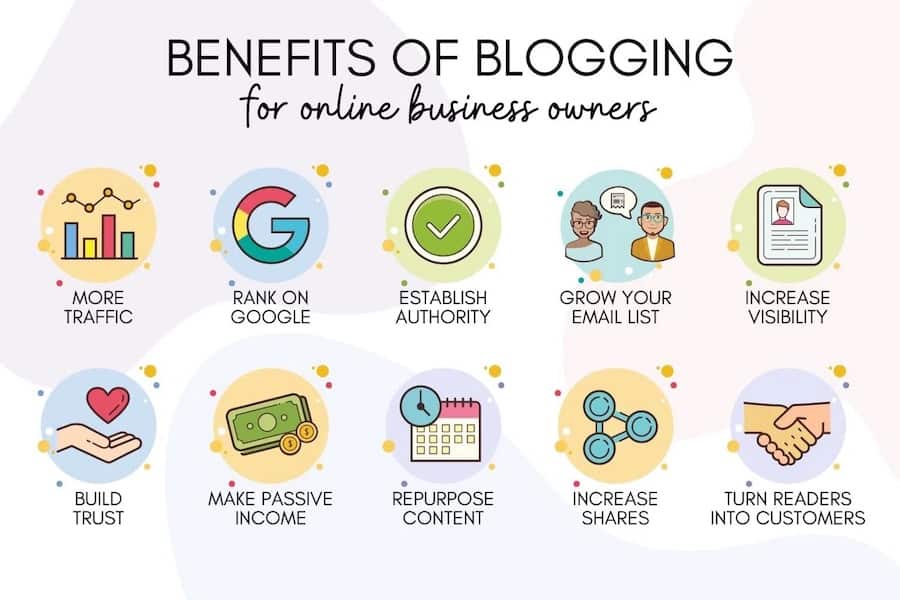
Image credit: khatabook.com
In addition, a well-crafted blog post can help nurture customer relationships as it establishes trust and credibility with your audience.
Here are some of the advantages of blogging when it comes to becoming a better writer.
Enhances Your SEO
Blogging is an effective way to improve your website’s search engine optimization (SEO) – optimizing your website’s content to attract organic traffic from search engines.
When you blog frequently, it creates fresh and relevant content for your website, which is easy for search engines to crawl and index.
SEO leads to better search rankings, making it easier for people to find you online.
Moreover, learning how to research long-tail keywords can significantly enhance the SEO of your blog or podcast.
Gives You A Platform To Demonstrate Your Skills
Business owners can use blogs or podcasts as a hosting platform to showcase their know-how and skills, attracting potential customers and building their brand presence in the market.
Serves As Your Writing Portfolio

Image credit: https://wordpress.com
In addition to showcasing your writing prowess, a blog also serves as an online portfolio where you can showcase your best work samples, testimonials, and achievements.
You can compile your blog’s content into a portfolio and share it with potential clients or publishers.
It gives them an idea of your writing style and whether you fit their requirements.
Generates Leads And Boosts Your Sales
Building a loyal community of subscribers through either platform can also increase sales and revenue.
Utilizing WordPress as your blogging platform allows for easy integration of advertising and e-commerce plugins, increasing your potential for generating income.
You can make money through affiliate marketing and product sales using a blog.
You can also monetize your blog through advertising, affiliate marketing, or sponsored posts.
Opens Up New Opportunities
Blogging can open new doors and lead to new writing or publishing opportunities.
It could be anything from a book deal or a freelance gig to a guest blog post on a popular website.
Building a strong online presence increases your visibility and chances of influential people in your industry discovering you.
It helps you network with other writers, editors, publishers, or literary agents and find like-minded individuals to help you grow your career.
A blog or podcast can increase business brand awareness by reaching a larger audience.
With blogging reaching billions of users on the internet, it is an ideal platform for businesses to showcase their content.
Does Podcasting Help Your Brand Connect Better?
Using podcast technology, brands can start their podcasts with a higher chance of engaging with podcast listeners.
With podcasts, brands can build strong relationships between potential customers and themselves as listeners tune in.
Furthermore, as the number of podcast listeners continues to grow, there is an increasing demand for new podcasts that cater to specific interests and niches.
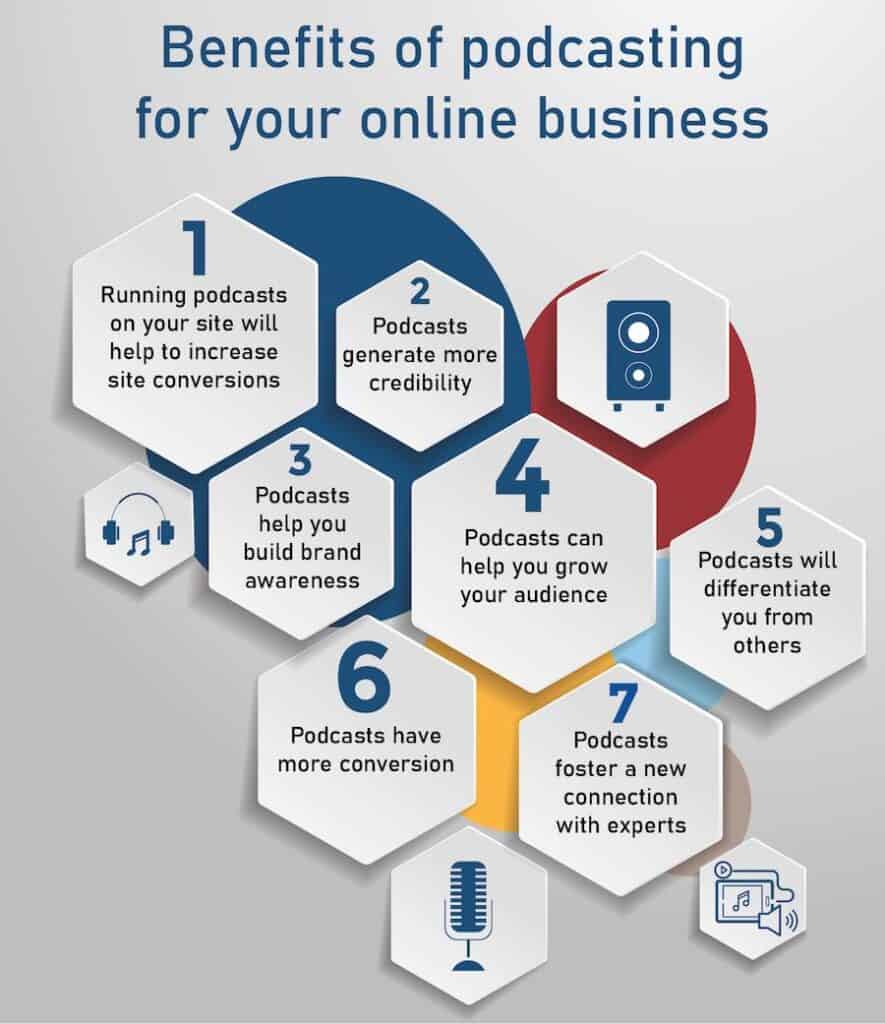
Image credit: drudesk.com
Here are some ways podcasting can help you do this:
- Building Personal Connections: Podcasts offer an excellent platform for brands to connect with their audience personally. Unlike blog posts or social media updates, podcasts let you share your thoughts, opinions, and experiences in a conversational tone. Since listeners hear your voice, they can instantly connect with you and feel more invested in your brand. Through podcasting, you can develop a loyal following that finds value in your content and shares it with others.

Image credit: https://www.execunet.com
- Reaching Commuters: With podcasts, you don’t need to worry about people consuming your content only when they can access a screen. Many people listen to podcasts while commuting, exercising, or doing household chores. By creating interesting, informative, and entertaining content for your podcast, you can reach the ears of those who have little time or patience for scrolling through blogs or social media feeds.
- Networking Opportunities: Podcasting is a great way to network with other industry influencers, experts, and thought leaders. You can invite guests to your show and conduct interviews, debates, or discussions on relevant podcast topics. It adds diversity to your podcast and exposes you to new insights, ideas, and perspectives. Your guests then may share your podcast episode with their audience, thus increasing your visibility and reach.
- Repurposing Content: Podcasting enables brands to repurpose their existing content into different media formats. For instance, you can transcribe your podcast episodes into blog posts, social media updates, or e-books. You can also use snippets of your business podcasts for promotional videos, teasers, or email newsletters. It saves time and effort and helps you cater to different content consumers.

Image credit: https://blog.podcast.co
- Better Communication Skills: Lastly, podcasting can help you improve your communication skills, such as speaking, listening, and storytelling. By hosting a regular podcast, you can become more confident in front of a microphone, learn how to engage your audience and experiment with voice modulation, pauses, and inflections. These skills can translate into other aspects of your business, such as public speaking, webinars, or sales pitches.
Combining The Power Of Podcasting And Blogging
One of the most significant challenges you may face when managing your content marketing campaign is consistently creating new content.
Taking the time to setup a podcast blog can be a great solution.
You can create a content calendar to ensure your content is timely and on point so that you will take advantage of all communication opportunities.
When you have invested so much time and energy into creating your podcast and blog content, the last thing you want is for your target audience to ignore them.
Such a content calendar can help you stay on top of your blogging and podcasting calendars.
Moreover, optimize your social media marketing strategy by automating your promotions.
Automation tools like Hootsuite, CoSchedule, and Buffer enable you to schedule and click, ensuring maximum coverage on all your social media platforms.
Use these tools to engage with previously established audiences and entice further interaction to continue the conversation about your brand.
You can also encourage audience feedback on your content by providing regular invitations for feedback on your content or leaving them with open questions.
Unique Angles For Content Creation
As companies benefit from diversifying their marketing strategies, entrepreneurs should consider using blogs and podcasts to reach wider audiences.
In addition to enhancing their speaking skills through podcasting, entrepreneurs can also use podcasts to discuss topics related to their business that can benefit blog readers.
Whether you choose podcasting or blogging as your content medium, keep your audience engaged and entertained.
To do this, develop unique angles and topics that encourage discussion.
Here are some ideas to help with this:
Evaluate Your Team’s Skills And Expertise
Before deciding between a blog and podcast, consider the team’s writing and speaking abilities and the areas they are knowledgeable.
If you have team members who are excellent writers, consider developing a blog strategy.
Consider creating a podcast or video series if you have team members comfortable on camera or behind the microphone.
You can create content showcasing your business’s unique capabilities by leveraging your team’s strengths.
Research Your Competitors’ Blogs And Podcasts
One way to stand out in your industry is to research competitors’ content and develop a unique angle they may not have covered.
List competitors’ blogs and podcasts, and evaluate their content’s topics, tone, and style.
Look for gaps in their coverage that you can fill or areas where you can approach the same topic with a different perspective.
While you want to avoid copying your competitors’ content, using their content as a starting point can help you differentiate your own.
Use Suitable Tools For Better Results
To create a high-quality podcast, use the proper tools and equipment for recording, editing, and producing audio files.
Finding a reliable and user-friendly podcast host is crucial for a podcast’s smooth operation and distribution.
Additionally, utilizing online radio show platforms can greatly increase the visibility and reach of a podcast.
Seeking tutorials on best practices and industry trends can help hosts continuously improve and enhance their podcasting skills.
Creating high-quality content requires the right tools and resources.
For example, if you’re creating a podcast, you’ll need a good microphone and audio editing software.
If you’re creating a video, you’ll need a quality camera and video editing software.
There are many free and paid tools available that can help you create professional-quality content.
For example, Canva is a fantastic tool for designing social media graphics, and Grammarly can help you with grammar and spelling.
Use A Persona Creator

Image credit: https://techtalk.gfi.com/
Bloggers write blogs for people with specific interests, needs, and habits.
A persona creator lets you create a fictional character representing your target reader.
By understanding this character’s interests, needs, and pain points, you can tailor your content to their needs, making your blog far more engaging and valuable to your target audience.
By catering to your target reader’s needs, your blog will resonate better with your audience, leading to higher engagement, better rankings, and more traffic.
Consider A Keyword Planner
Keyword research is the process of finding popular words and phrases that people use in search engines to find things online.
A keyword planner is a helpful tool that enables you to identify and target keywords relevant to your blog post, making it more discoverable online.
Optimizing your blog posts with relevant keywords can draw more traffic from search engines, hence higher engagement.
Knowing what keywords and phrases your audience is searching for also gives you an edge in your content marketing strategy, making you stand out from your competitors.
Utilize AI Assistants
An AI assistant can be the perfect tool to boost the productivity of your blogging efforts.
AI technology can analyze vast amounts of data and information to provide recommendations on different areas of your blog.
Such areas include improving headlines, generating outlines, improving readability, offering subject matter insights, and more.
It makes the process of creating content faster and easier, which helps in generating quality content consistently.
Which Is Right For Your Niche Market?
With so many options, deciding which medium best suits your niche market can take time.
At their core, blogs, and podcasts are both content platforms that aim to inform and entertain.
However, there are some critical differences between the two.
Blogs are written articles that can include multimedia elements such as images and videos.
Bloggers host blogs on a website; readers can access them via web browsers or RSS feeds.
On the other hand, podcasts are audio or video recordings that listeners can download and listen to through various platforms such as iTunes, Spotify, and SoundCloud.
One major advantage of blogging is that it’s easy and inexpensive to start.
All you need is a website and the ability to write compelling content.
With the right mix of keywords and promotion, a blog can quickly gain traction and attract a dedicated following.
It’s also easy to update and edit content on a blog, which means you can stay current and relevant in your niche.
Podcasting requires more investment in terms of equipment and production.
You’ll need a microphone, recording software, and a quiet space to record your episodes.
However, once you’ve established a solid fan base, you can monetize your podcast in several ways.
Sponsorships, merchandise sales, and Patreon donations are just a few examples.
Another key factor to consider is your audience’s preferences.
Some people prefer to read articles, while others like to listen to spoken content while on the go.
A blog might be the better choice if your audience is more visual.
A podcast might be the way to go if they’re more auditory.
If you can’t decide which is better, consider your competition.
Look at what they’re doing and see if there are any gaps you can fill with your unique perspective.
It helps you differentiate yourself from the competition and gain traction with your target audience.
Which One Is The More Lucrative?
Let’s now analyze both options and determine the more lucrative income source.
Blogging can be a lucrative source of income if you can create content that resonates with your target audience.
Bloggers could make thousands of dollars annually with the right audience and niche.
The same can be said about podcasts.
Podcasters who have built a loyal following and attract advertisers can earn thousands per episode with the right sponsorships.
However, creating an audience requires a lot of work and consistency.
When it comes to determining which option is more lucrative between blogging and podcasting, it all depends on your interests, skills, and goals.
A podcast and a blog can help you make a good income online but require different approaches.
Wrap Up.
Creating engaging and high-quality content takes a lot of work.
Whether you settle on podcasting or blogging, ensure you have the right tools and resources to create content that resonates with your target audience.
Remember that quality is key when marketing content.
By taking the time to craft engaging content, you will reach your target audience.
Further reading on AdamEnfroy.com: If you’re starting out with your blog, check out this blogging for dummies post to learn more about the steps.
Here is also a list of the best tips to get started blogging.
